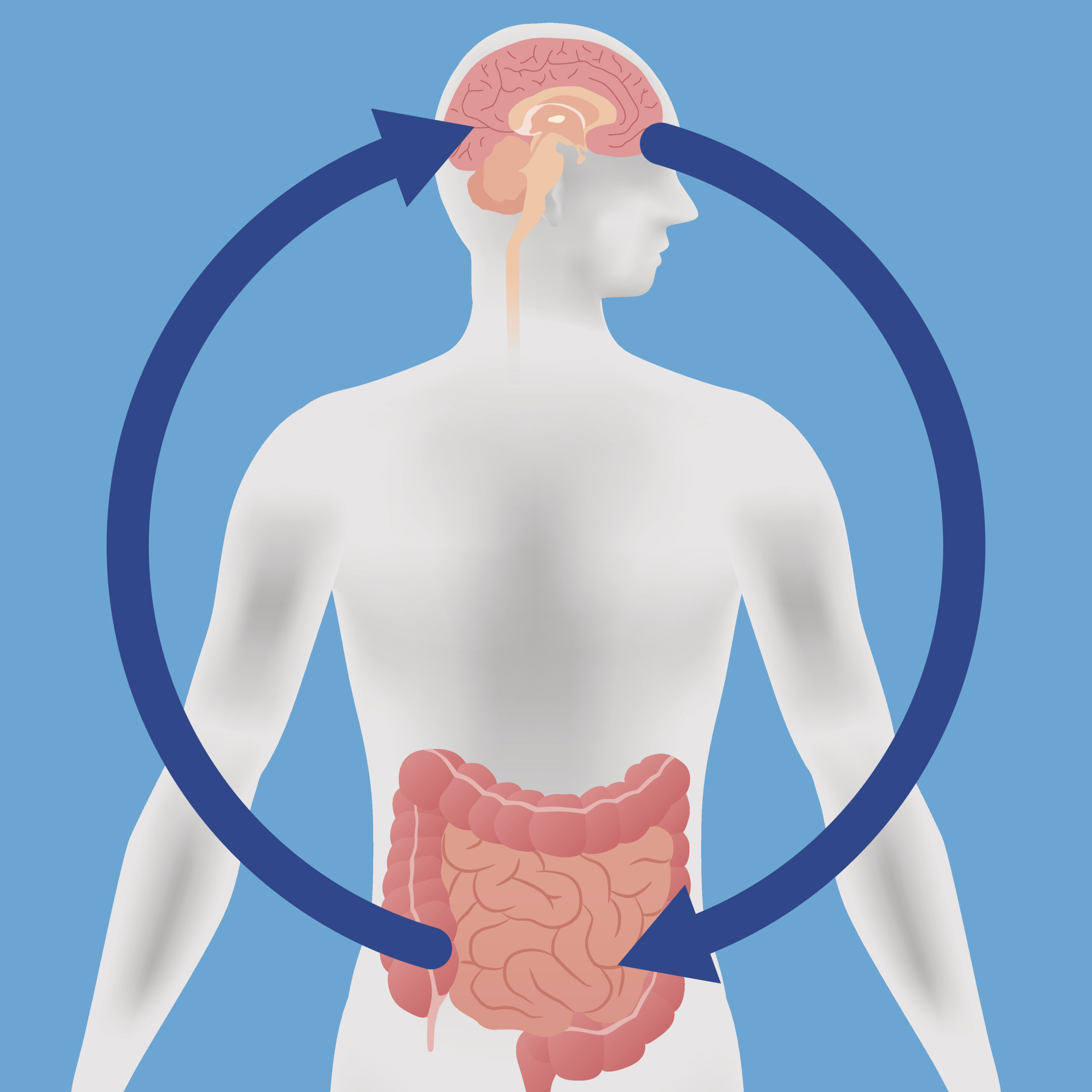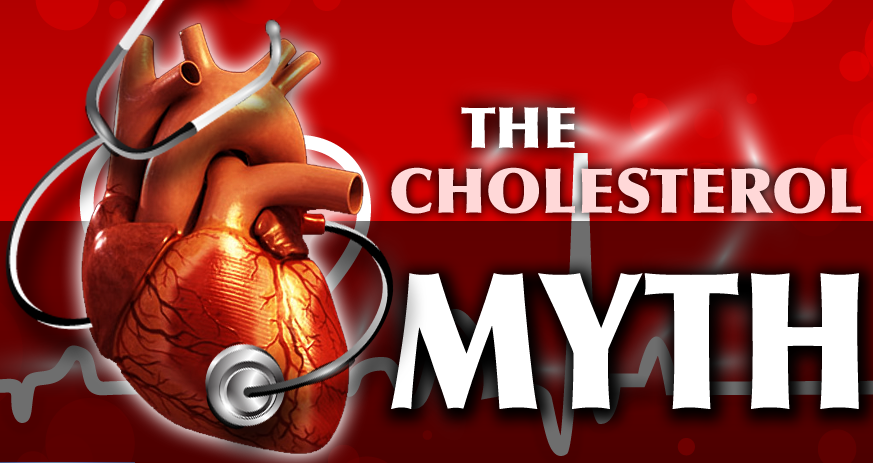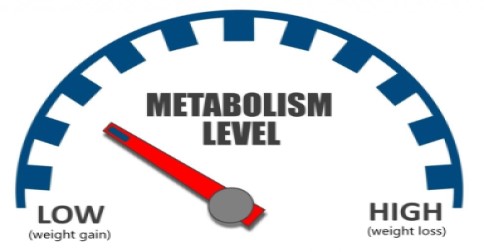Have you ever heard someone say; “You are so lucky to have a fast metabolism; you can eat anything and not put on a pound? I look at food and put on weight.”
Based on this statement it sounds as if someone with a slow metabolism is doomed to be overweight all their life whereas someone with a fast metabolism has it made.
Is that really true? Not really, researchers are now discovering that weight gain has a lot to do with the health of your gut.
In a nutshell, bad gut = bad metabolism = obesity
This article will explore the role of your metabolism in weight gain. It will discuss groundbreaking research that suggests that your metabolism might be directly affected by the health of your gut, it will explore the various factors that affect gut health and what you can do to restore it and put an end to what you thought to be your life’s curse… obesity.
Imagine: As you are reading this blog, thousands of species of bacteria are vying for “top dog” position within your belly. Why is this important you wonder? Because whether good or bad bacteria in your gut wins doesn’t just determine how well you digest your lunch, how well your body will fight off allergens or disease, it also helps determine how much weight you’re likely to gain. Or lose.
Research is helping to offer insight into how our gut bacteria may shape our body’s metabolism and by extension, our body shape. Our metabolism (how quickly or slowly the body is able to burn energy) is closely tied to our microbiome. Our body is a complex ecosystem made up of more than 100 trillion microbes that must be properly balanced and cared for if the body is to maintain optimal health. This system of bacteria, fungi, viruses, and protozoa living on your skin and in your mouth, nose, throat, and lungs, is more commonly referred to as the human microbiome. It varies from person to person based on factors such as diet, health history, geographic location, and even ancestry. When the microbiome is well balanced, the body is able to run like a finely tuned machine, however, if it falls out of balance, you are destined to experience symptoms illness, such as being tired, bloated or worse. Our microbiome is responsible for performing a multitude of key functions within our biological systems, from supplying critical vitamins to fighting pathogens, modulating weight and regulating metabolism.
Evidence has demonstrated the importance of a healthy gut in the prevention disease and the restoration of good health. Simply put, the healthier our gut, the better our metabolism is able to run, which in turn can lead to a stabilization of body weight. In addition to slowing down our metabolism, unhealthy gut bacteria can also spark cravings for unhealthy food. A study published in BioEssays (2014), indicates that there is evidence to suggest that some microbes are so powerful, they are capable of sending messages disguised as cravings from our gut to our brain, persuading us to choose doughnuts or another tempting treat over celery sticks. These same persuasive gut bugs send chemical messages to the brain that sway our appetite, alter our mood and test our willpower by creating feelings of dis-ease and anxiety which will only be quelled by a square of dark chocolate or a plate of greasy fries.
According to Raphael Kellman, MD, a New York City physician and author of The Microbiome Diet, ”. if you understand the microbiome, and the collection of bacteria inside you is healthy, you will lose weight,”
Dr. Kellman further explains, “It’s less about eating a certain percentage of carbohydrates, protein, and fat than about correcting the overgrowth of unhealthy bacteria, which is making you crave the wrong foods, triggering inflammation.”
Fortunately, we can begin to take control by feeding our microbiome the right foods. “I tell my patients, ‘The bacteria follow the food,’” says gastroenterologist Robynne Chutkan, MD, founder of the Digestive Center for Women in Chevy Chase, Md., and author of Gutbliss. “What we eat dictates the kind of bacteria we grow in our gut garden.”
The best way to optimize your gut flora is through your diet. A gut-healthy diet is one rich in whole, unprocessed, unsweetened foods, along with traditionally fermented or cultured foods. But before these powerful foods can work their magic in your body, you have to eliminate the damaging foods that get in their way. A good place to start is by drastically reducing grains and sugar, and avoiding genetically engineered ingredients, processed foods, and pasteurized foods. Pasteurized foods can harm your good bacteria, and sugar promotes the growth of pathogenic yeast and other fungi (not to mention fuelling cancer cells). Grains containing gluten are particularly damaging to your microflora and overall health.
As you may have guessed, losing weight might just be as simple as rebuilding and rebalancing your gut. This process takes time and guidance to ensure that you are making healthy choices and are maintaining proper nutrition throughout. While popular yogurt commercials suggest that one probiotic-filled yogurt a day will solve gut problems, as qualified professional, I can assure you that it isn’t that simple. To begin restoring your gut, I invite you to book a free consultation with me or to download my “Free GI Relief Guide” which will guide you through the steps required to rebalance and rebuild your gut.
References
- Alcock, A, Maley, C, C. Athena Aktipis (2014), “Is eating behavior manipulated by the gastrointestinal microbiota? Evolutionary pressures and potential mechanisms”
- Mercola, Dr. Joseph (2015), “Research Reveals the Importance of Your Micro-biome for Optimal Health”
- Patz, A, (2015) “Your Gut Can Make You Slim”
- Chutkan, Dr. Robynne, “Obesity & The Gut“




